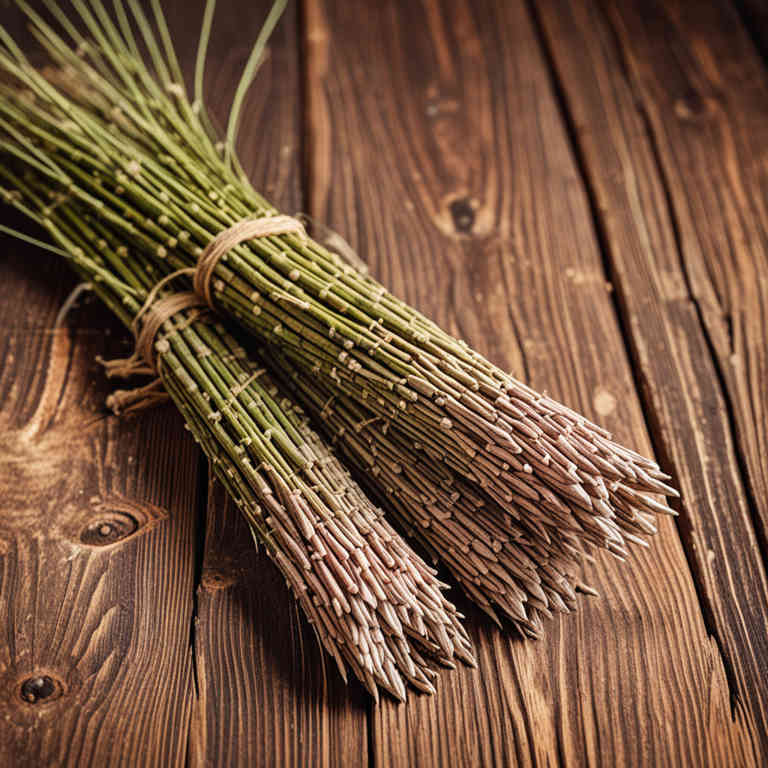10 Best Equisetum Arvense Preparations
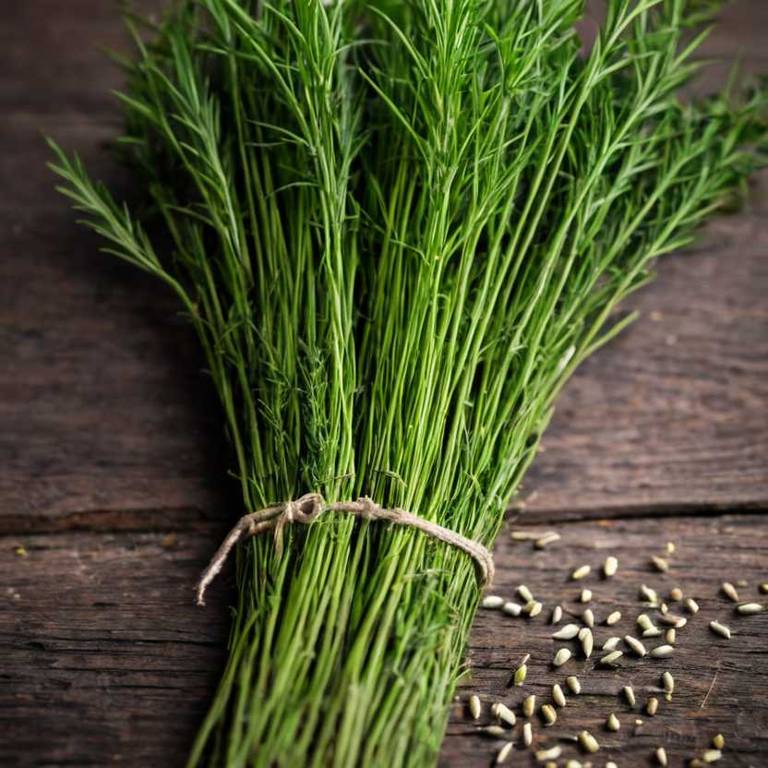
The best medicinal preparations of Equisetum arvense are teas, decoctions, tinctures, capsules, and syrups, each offering unique benefits for various health conditions.
Teas and decoctions are commonly used to promote diuretic effects and support kidney health.
Tinctures provide a concentrated form for more potent therapeutic actions.
Capsules offer a convenient and standardized dosage option.
Syrups are often used for their soothing properties, particularly in respiratory and digestive ailments.
Below there's a list of the 10 best herbal preparations of equisetum arvense for medicinal purposes.
- 1. Teas
- 2. Decoctions
- 3. Tinctures
- 4. Capsules
- 5. Syrups
- 6. Mucillages
- 7. Lozenges
- 8. Oils
- 9. Creams
- 10. Linctuses
1. Teas
Equisetum arvense teas is commonly used to treat ailments such as urinary tract infections, kidney stones, and inflammation.
It is also believed to support digestive health and may help with respiratory conditions like bronchitis. The most common medicinal uses include addressing urinary tract infections, kidney ailments, and inflammatory conditions. The bioactive constituents responsible for its medicinal properties include silica, flavonoids, alkaloids, and tannins, which contribute to its anti-inflammatory, antimicrobial, and astringent effects.
These compounds work together to provide the plant's traditional therapeutic benefits.

2. Decoctions
Equisetum arvense decoctions is commonly used to treat urinary tract infections, kidney stones, and bladder disorders due to its diuretic and anti-inflammatory properties.
This herbal preparation is also used to alleviate symptoms of gout and arthritis because of its ability to reduce uric acid levels and inflammation. The most common medicinal uses include addressing urinary issues, detoxification, and managing inflammatory conditions. The bioactive constituents responsible for these effects include silicic acid, flavonoids, alkaloids, and tannins, which contribute to its diuretic, anti-inflammatory, and antioxidant activities.
These compounds work together to support kidney function and reduce inflammatory responses in the body.

3. Tinctures
Equisetum arvense tinctures is commonly used to treat ailments such as kidney stones, urinary tract infections, and gout due to its diuretic and anti-inflammatory properties.
These tinctures are also used to support liver function and detoxification processes in the body. The most common medicinal uses include addressing urinary disorders, reducing inflammation, and aiding in the removal of toxins. The bioactive constituents responsible for these effects include silicic acid, flavonoids, alkaloids, and various phytochemicals that contribute to its therapeutic actions.
These compounds work synergistically to promote health and alleviate symptoms associated with the mentioned conditions.
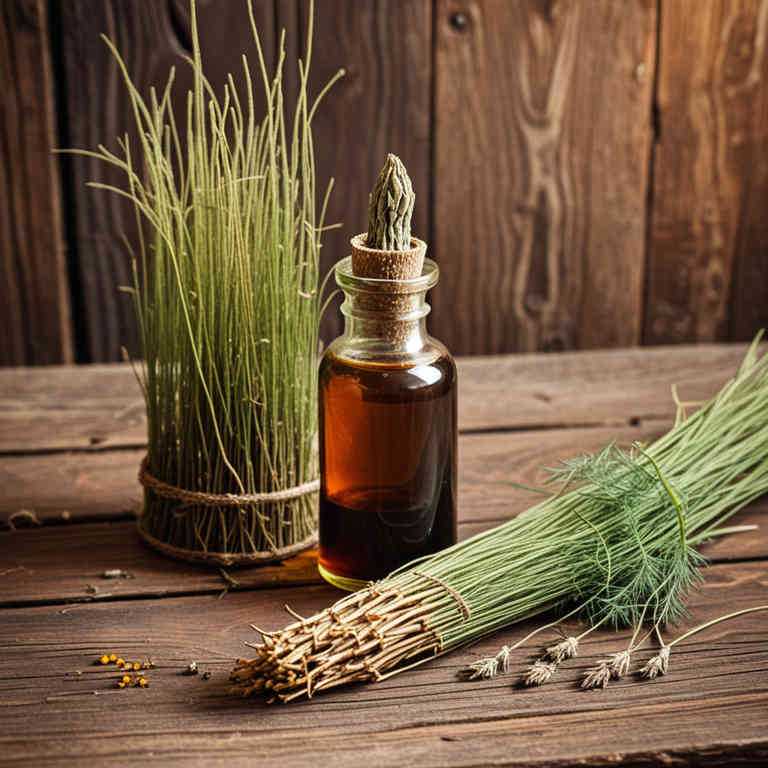
4. Capsules
Equisetum arvense capsules is commonly used to support urinary tract health and treat conditions such as cystitis, kidney stones, and urinary infections.
They are also used for their diuretic properties to help eliminate toxins and excess fluids from the body. The most common medicinal uses include treating urinary tract infections, kidney disorders, and as a general detoxifier. Bioactive constituents such as silicic acid, flavonoids, and phenolic compounds are believed to contribute to its diuretic and anti-inflammatory effects.
These compounds help in reducing inflammation and supporting the function of the urinary system.
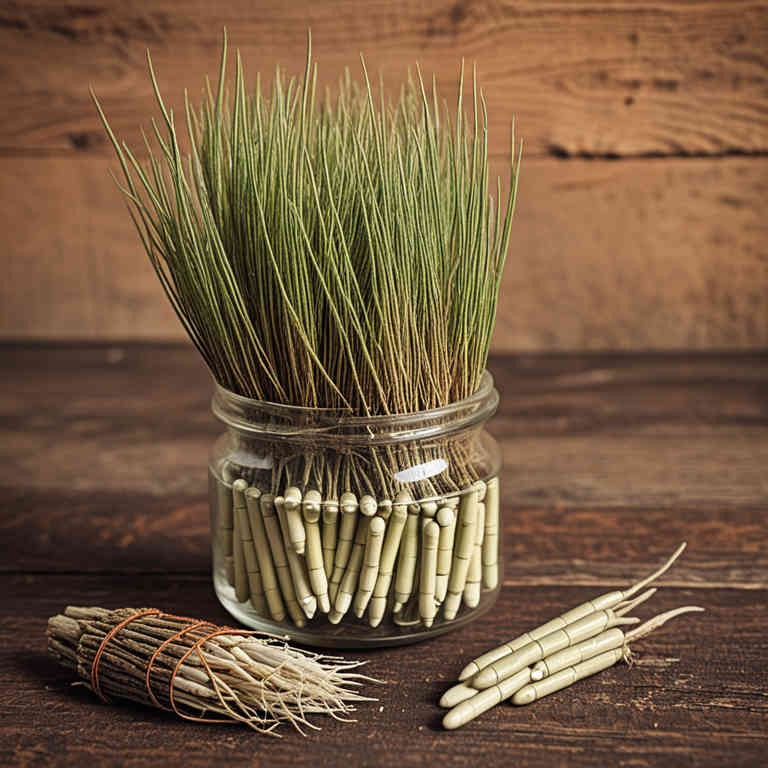
5. Syrups
Equisetum arvense syrups is commonly used to treat respiratory conditions such as coughs, bronchitis, and asthma, as well as digestive issues like indigestion and gastritis.
The syrup is also utilized for its diuretic properties to help manage fluid retention and support kidney function. Common medicinal uses include alleviating symptoms of colds, sore throats, and inflammatory conditions. The bioactive constituents responsible for these effects include flavonoids, saponins, alkaloids, and volatile oils, which exhibit anti-inflammatory, antimicrobial, and expectorant properties.
These compounds work synergistically to enhance the syrup’s therapeutic benefits.

6. Mucillages
Equisetum arvense mucillages is commonly used to treat digestive issues, respiratory conditions, and skin disorders.
The mucillages, which are gelatinous substances, are believed to have soothing and protective properties. They are often used to alleviate symptoms of gastritis, ulcers, and inflammatory bowel diseases. Additionally, they may help reduce coughing and ease respiratory tract inflammation.
The bioactive constituents include polysaccharides, mucilage, flavonoids, and tannins, which contribute to its anti-inflammatory, antimicrobial, and healing effects.

7. Lozenges
Equisetum arvense lozenges is commonly used to alleviate symptoms of respiratory conditions such as coughs, sore throats, and bronchitis.
These lozenges are also used to treat inflammation and irritation in the throat, making them popular for relieving soreness and discomfort. The most common medicinal uses include treating colds, flu, and other upper respiratory tract infections. The bioactive constituents responsible for these effects include flavonoids, polysaccharides, and phenolic compounds, which possess anti-inflammatory, antioxidant, and antimicrobial properties.
These compounds help reduce inflammation, fight infections, and soothe mucous membranes.
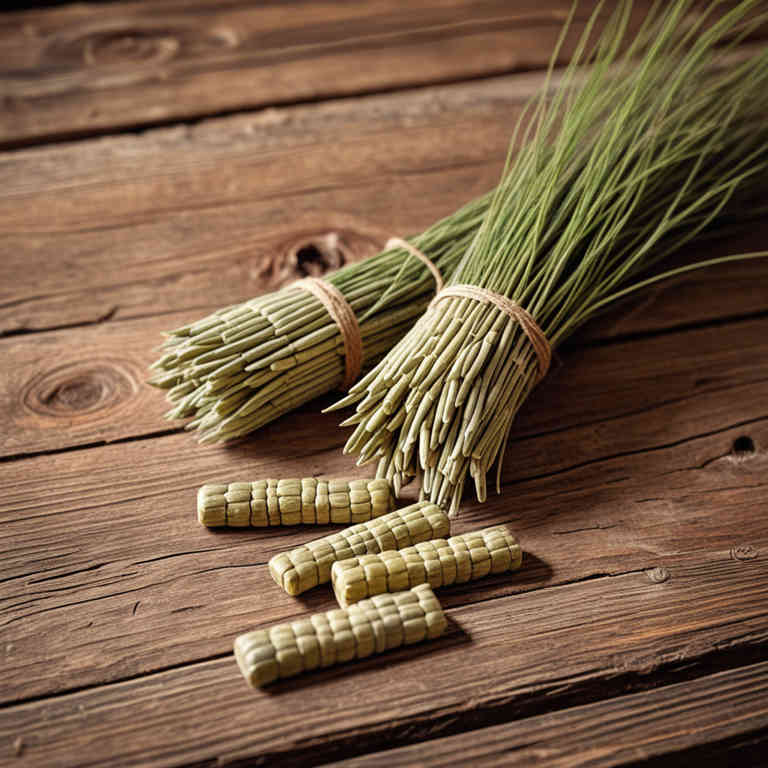
8. Oils
Equisetum arvense oils is commonly used to treat respiratory conditions, skin infections, and inflammatory disorders.
The oil is often applied topically for its antimicrobial and anti-inflammatory effects, and it may also be used internally in some traditional practices to support digestion and detoxification. Common ailments addressed include coughs, bronchitis, eczema, and wounds. The bioactive constituents responsible for these properties include flavonoids, alkaloids, and phenolic compounds, which exhibit antioxidant, antimicrobial, and anti-inflammatory activities.
These compounds contribute to the oil's ability to reduce inflammation and combat microbial infections.

9. Creams
Equisetum arvense creams is commonly used to treat skin conditions and inflammatory disorders.
These creams are often applied for their anti-inflammatory, antiseptic, and wound-healing properties. They are frequently used for eczema, psoriasis, and minor skin infections. The bioactive constituents include silicic acid, flavonoids, alkaloids, and tannins, which contribute to their therapeutic effects.
These compounds help reduce inflammation, promote tissue repair, and provide antimicrobial benefits.
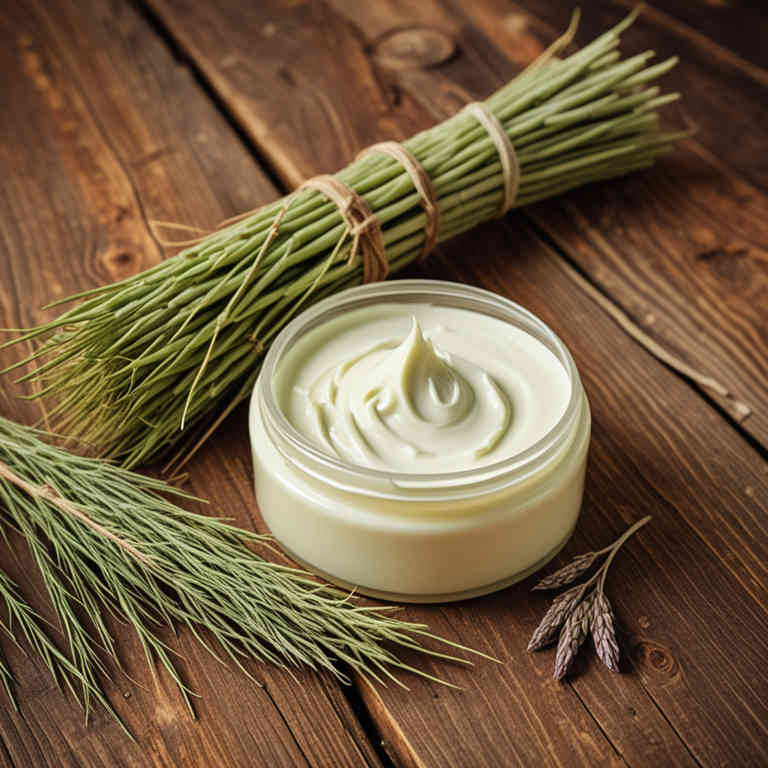
10. Linctuses
Equisetum arvense linctuses is commonly used to treat respiratory conditions such as coughs, bronchitis, and asthma.
This herbal preparation is valued for its expectorant and antispasmodic properties, which help loosen mucus and reduce bronchial spasms. The most common medicinal uses include alleviating symptoms of respiratory infections, reducing inflammation in the airways, and easing difficulty in breathing. The bioactive constituents responsible for these effects include flavonoids, alkaloids, and silicic acid, which possess anti-inflammatory, antimicrobial, and bronchodilator activities.
These compounds work synergistically to support respiratory health and enhance the body's natural cleansing processes.
